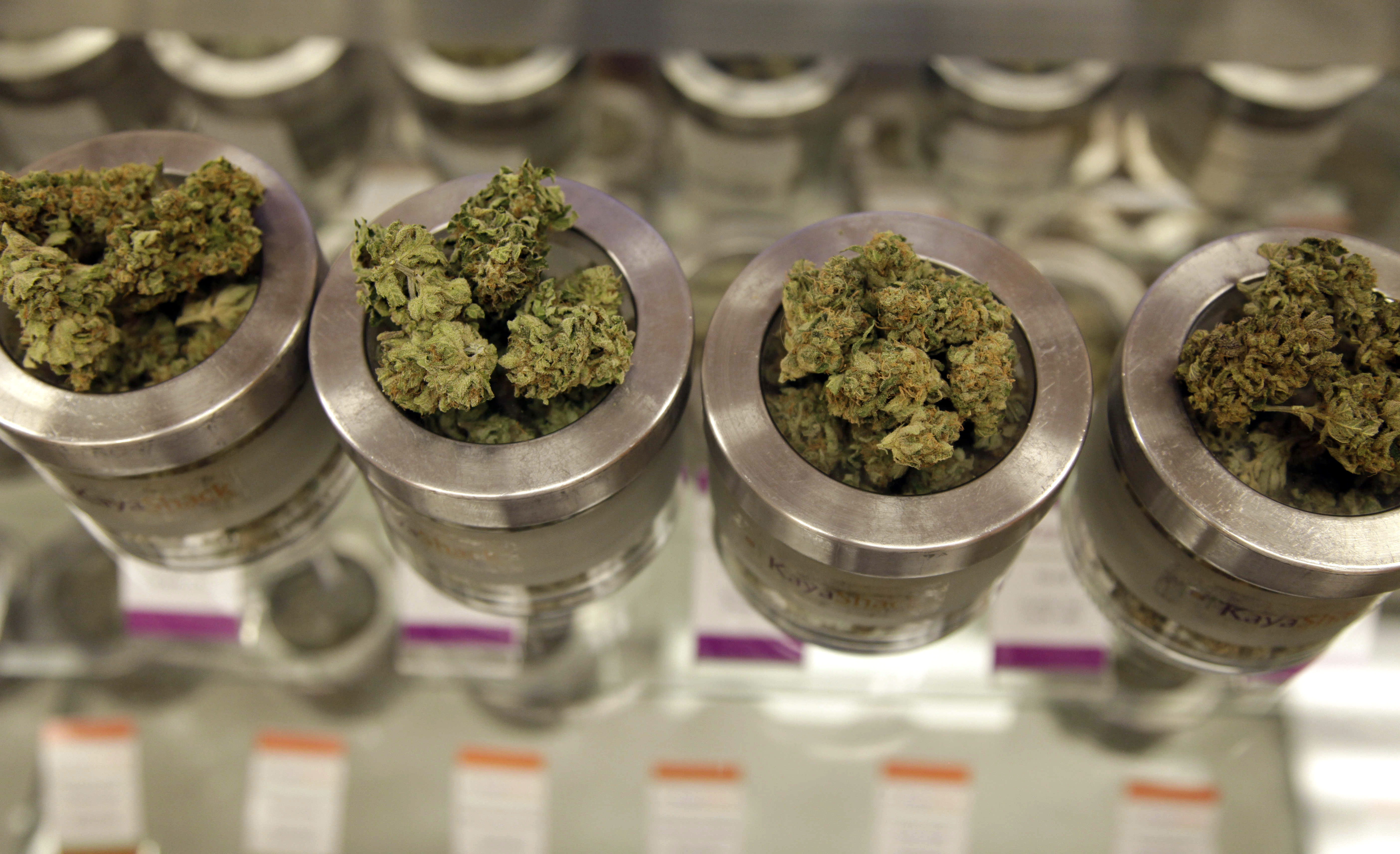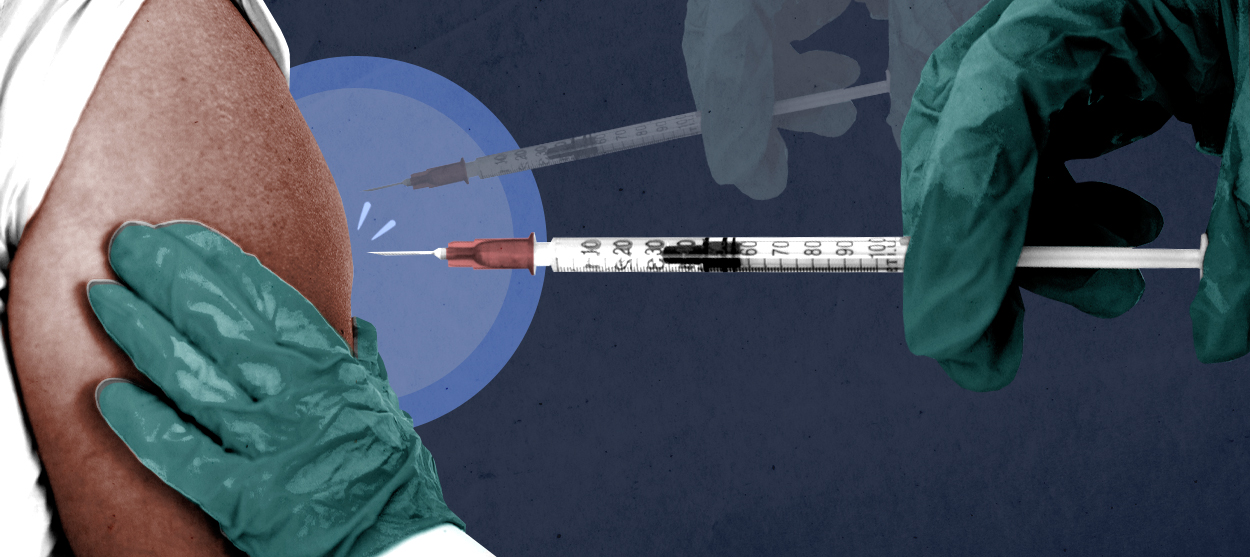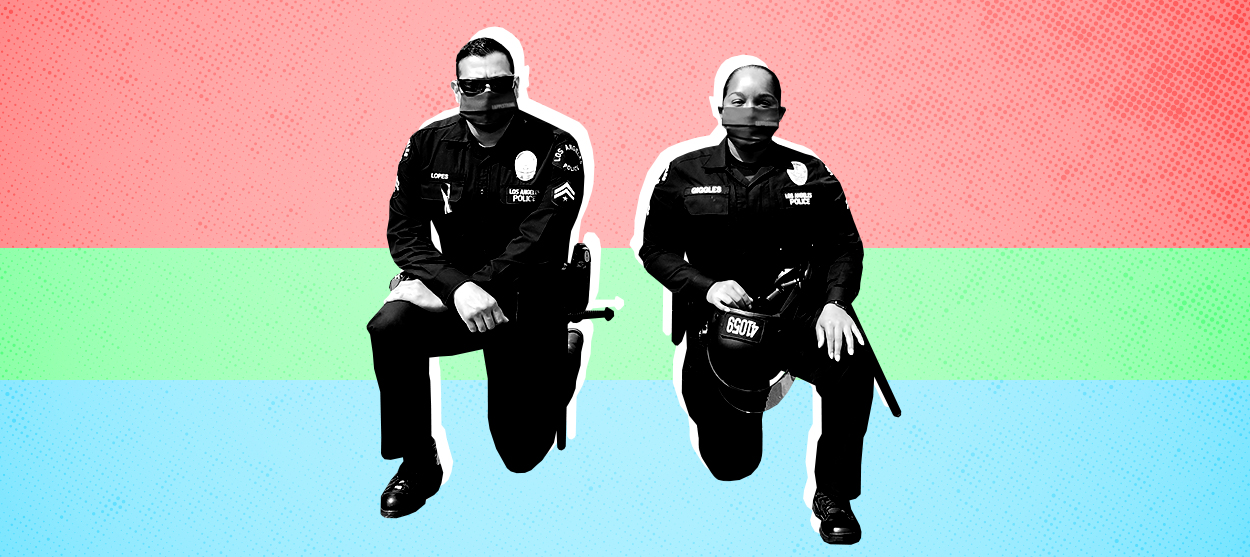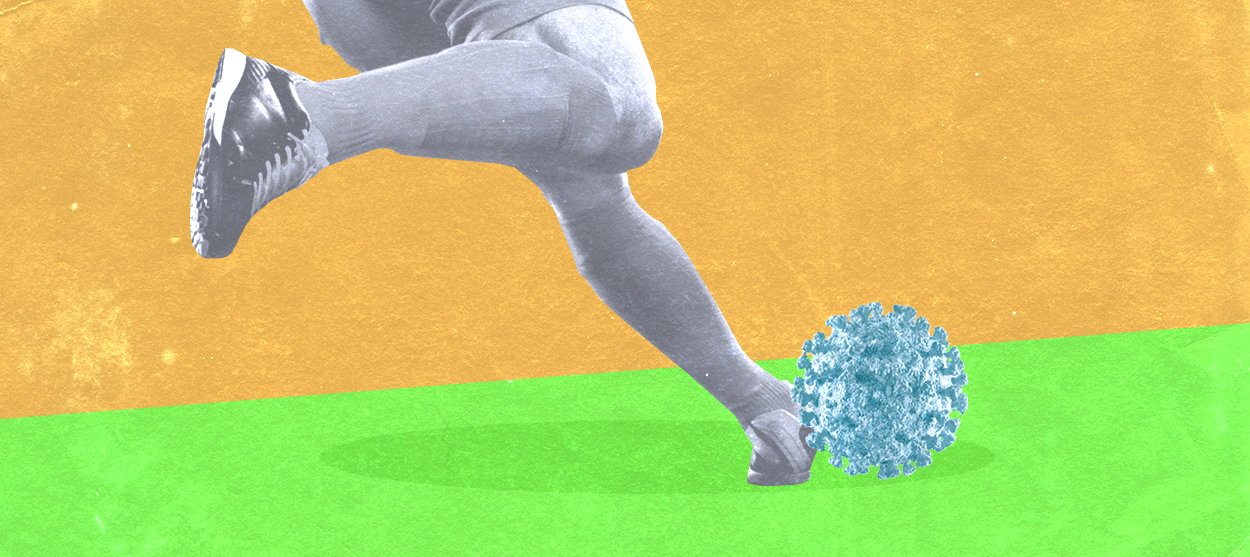The rise of legal weed in America
A majority of the U.S. population now has access to legalized cannabis in some form. What’s the track record so far?

A free daily email with the biggest news stories of the day – and the best features from TheWeek.com
You are now subscribed
Your newsletter sign-up was successful
A majority of the U.S. population now has access to legalized cannabis in some form. What's the track record so far? Here's everything you need to know:
Where is weed legal?
Recreational use is now fully legal in eight states plus Washington, D.C., after voters in California, Massachusetts, Nevada, and Maine approved marijuana ballot initiatives earlier this month. On Election Day, voters in Arkansas, Florida, and North Dakota brought the tally of states with legal medical marijuana to 28. Though cannabis is still illegal under federal law, Election Day was widely considered a tipping point for the legalization movement. A recent Gallup poll found that 60 percent of Americans now approve of legalizing marijuana, and there is a growing bipartisan consensus that the $1 trillion war on drugs has failed. Criminalizing the use and sale of drugs has sent millions of nonviolent criminals to prison — a disproportionate number of them black — and empowered violent drug cartels. At the same time, there is growing scientific research showing that casual cannabis use by adults is fairly safe — less dangerous than alcohol or tobacco. Another major factor propelling legalization is that states can tax it and get a big boost in revenues. As one pro-legalization ad in Colorado put it: "Jobs for our people. Money for our schools. Who could ask for more?"
The Week
Escape your echo chamber. Get the facts behind the news, plus analysis from multiple perspectives.

Sign up for The Week's Free Newsletters
From our morning news briefing to a weekly Good News Newsletter, get the best of The Week delivered directly to your inbox.
From our morning news briefing to a weekly Good News Newsletter, get the best of The Week delivered directly to your inbox.
What's happened in states that legalized weed?
There have been some huge upsides, as well as serious downsides. In Colorado, the booming new cannabis industry has created more than 18,000 full-time jobs and generated $2.4 billion in economic activity. The state tightly regulates weed sales: Adults over 21 can possess only 28 grams, and marijuana plants are tagged with a radio-frequency ID chip so that they can be tracked. Products are tested for potency and contaminants, and are sold in child-resistant containers. "There are a certain number of folks, like myself, who were pretty reticent about [legalization] to begin with," says House Speaker Dickey Lee Hullinghorst, a Democrat. "[But] the sky didn't fall."
What are the downsides?
Legal-weed states have experienced a significant jump in marijuana-related DUIs. In Washington state, a record 745 drivers who were pulled over on suspicion of DUI in the first six months after legalization tested positive for THC, the main mind-altering ingredient in marijuana, compared with 1,000 over the entire previous year. At the same time, the number of drivers involved in fatal car crashes who tested positive for THC rose by 48 percent between 2013 and 2014, when legalized marijuana hit the market. Hospitalizations for overdoses are also up. "Washington serves as an eye-opening case study for what other states may experience with road safety after legalizing the drug," says Peter Kissinger, CEO of the American Automobile Association Foundation for Traffic Safety.
A free daily email with the biggest news stories of the day – and the best features from TheWeek.com
Why are hospitalizations up?
A big factor is edibles, says Dr. Michael DiStefano, who has seen at least 15 children admitted to the emergency room at Children's Hospital Colorado for accidentally ingesting cannabis. Edibles "look like regular candy," DiStefano says. The number of overall patients hospitalized in Colorado who admitted to marijuana use spiked from 809 per 100,000 before legalization to 2,413 per 100,000 afterward.
Is overall weed use up?
Yes. As weed has become legal, easier to obtain, and cheaper, more Americans are smoking on a regular basis. About 10 million more Americans smoke marijuana now than 12 years ago, and the number who admit to using the drug on a daily or near-daily basis has more than doubled, to 8.4 million people. About half of those heavy users reported symptoms of abuse or dependency, including getting stoned even when it negatively affected their relationships or jobs. "You're seeing this headlong rush into another addictive industry without knowing what widespread marijuana use is going to do to society," says Jeffrey Zinsmeister, co-founder of the anti-legalization group Smart Approaches to Marijuana. And though teen-use rates have so far stayed stable in legal-weed states, there is concern that the drug's normalization will gradually encourage more adolescents to smoke. That's particularly worrying given that scientific studies have connected adolescent marijuana use to a significant loss of IQ points and an increased risk of psychotic illness.
Will it be legalized nationally?
With Donald Trump's election, that's now completely up in the air. Weed is strictly prohibited under federal law and classified as a Schedule 1 drug — the same category as heroin — but the Obama administration has chosen not to enforce that law in legal-weed states. Before Nov. 9, advocates were gearing up to lobby Congress and Hillary Clinton on federal legalization. But Trump is an unknown quantity. In previous years the Republican president-elect has made comments in favor of medical marijuana, but Vice President–elect Mike Pence and some potential Cabinet picks are hard-liners on drugs. Trump's election "does not bode well" for legalization, says the Drug Policy Alliance's Ethan Nadelmann. "There are various ways in which a hostile White House could trip things up."
Weed baths and bacon brittle
Willie Nelson and Snoop Dogg have their own marijuana lines. Dispensaries sell tens of different strains of weed with names like Kamikaze, King Bubba, and Ebola — some of which come with a "sweet floral aroma" or are "intoxicatingly potent." The green rush has sparked a boom in Big Pot, as tobacco companies look to profit from a new market and tech companies like Microsoft cash in by developing software systems for cannabis growers. Then there are the hundreds of marijuana-related products that have hit the markets in legal-weed states — ranging from the artisanal to the frankly bizarre. In Colorado, nearly half of all marijuana sales are for THC-infused items, like edibles, pills, and drops. Pot shops sell ice cream laced with the drug, as well as cannabis-infused breath spray, energy shots, and even bacon brittle. In the budding weed beauty industry, there are marijuana massage oils as well as body lotions and lip balms. "One woman told me she bought the Heavenly Hash Bath so she and her boyfriend could have a romantic night," says Dahlia Mertens, who owns a weed beauty business in Colorado. "He proposed in the tub!"
-
 How the FCC’s ‘equal time’ rule works
How the FCC’s ‘equal time’ rule worksIn the Spotlight The law is at the heart of the Colbert-CBS conflict
-
 What is the endgame in the DHS shutdown?
What is the endgame in the DHS shutdown?Today’s Big Question Democrats want to rein in ICE’s immigration crackdown
-
 ‘Poor time management isn’t just an inconvenience’
‘Poor time management isn’t just an inconvenience’Instant Opinion Opinion, comment and editorials of the day
-
 Do unvaccinated COVID patients deserve scarce care? A doctor weighs in.
Do unvaccinated COVID patients deserve scarce care? A doctor weighs in.The Explainer Justice, judgment, and the last ICU bed
-
 How to vaccinate the anti-vaxxers
How to vaccinate the anti-vaxxersThe Explainer Instead of blaming people for not doing the right thing, let's focus on eliminating the obstacles to vaccination that still remain
-
 The U.S. could double its COVID-19 vaccine availability overnight. What's the holdup?
The U.S. could double its COVID-19 vaccine availability overnight. What's the holdup?The Explainer How the FDA could approve a more efficient vaccine rollout
-
 The October Surprise nobody wanted
The October Surprise nobody wantedThe Explainer Trump has COVID-19. Really, 2020?
-
 Life is worth living
Life is worth livingThe Explainer What's driving America's rising suicide rate?
-
 Social workers are masters at de-escalation. Here's what the police can learn from them.
Social workers are masters at de-escalation. Here's what the police can learn from them.The Explainer Knowing how to peacefully resolve conflict, rather than exacerbate it, can save lives
-
 Settling in for the long pandemic
Settling in for the long pandemicThe Explainer Life won't be back to "normal" anytime soon
-
 Sports reveal how much America is trailing the rest of the world
Sports reveal how much America is trailing the rest of the worldThe Explainer MLS and other American leagues are stumbling through their pandemic restart plans